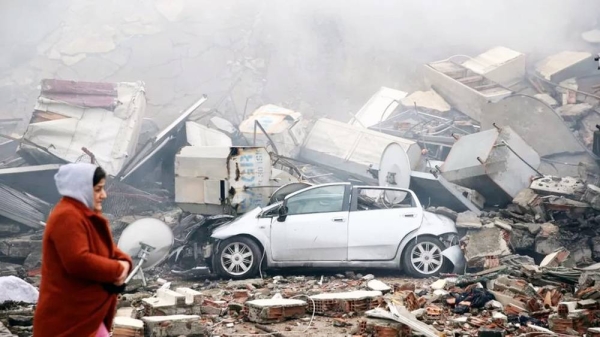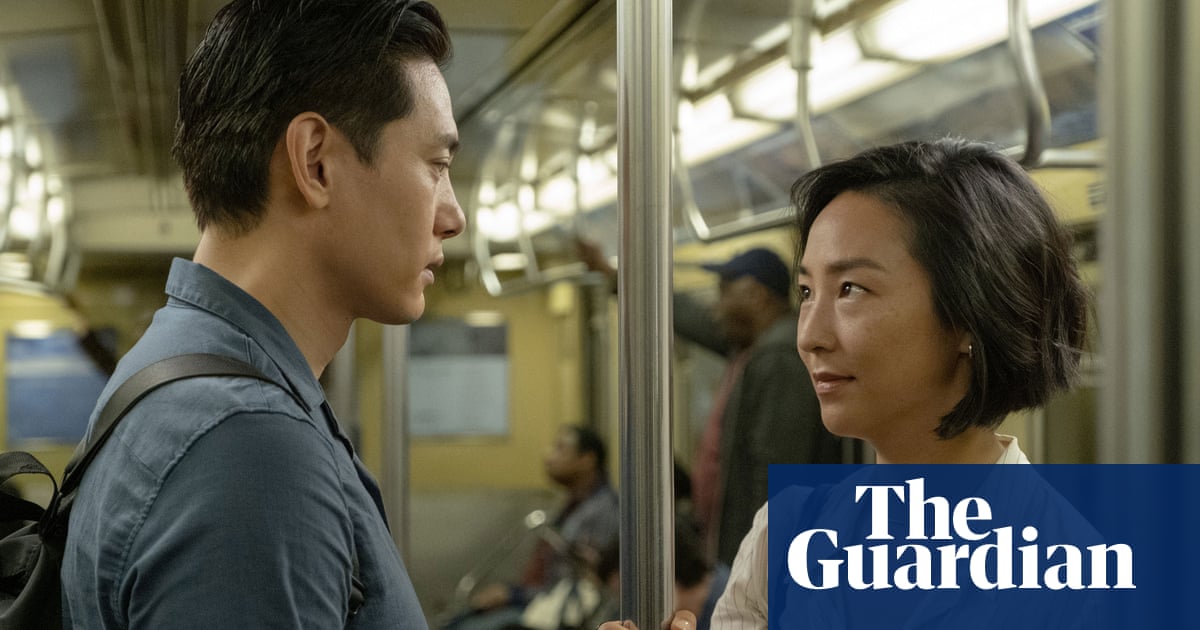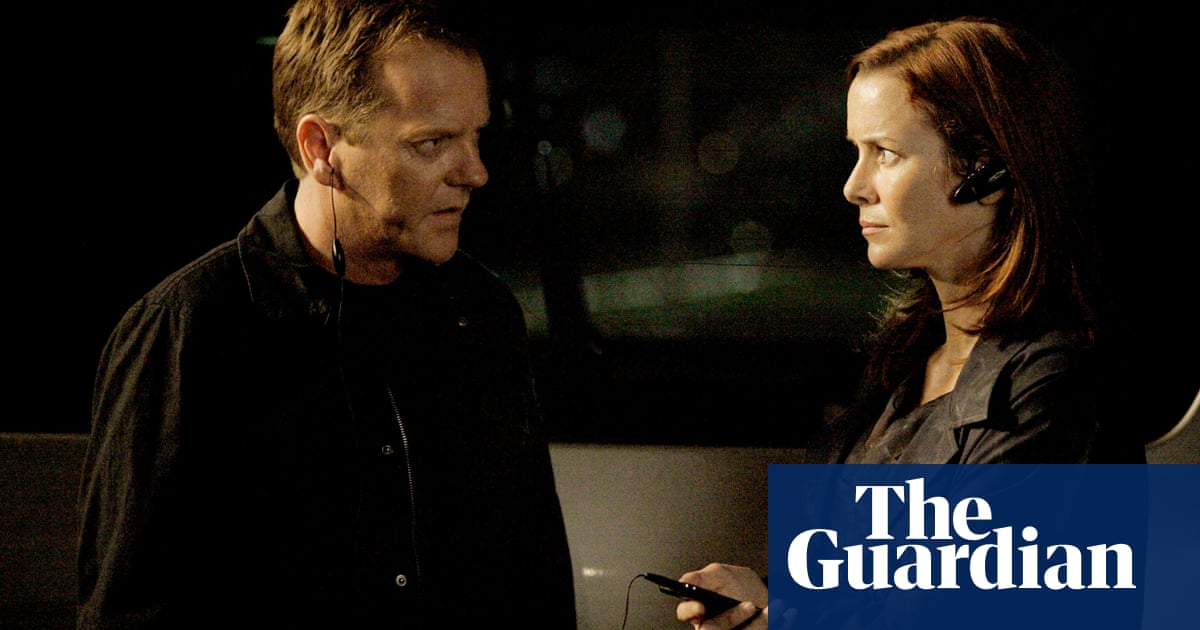
Adecade after Bowie’s Starman moment on Top of the Pops, a south Asian teenage girl extended a hand from BBC Television Centre to her own audience of dreamers. It was 1982 and a sari-clad Sheila Chandra was fronting Monsoon, whose debut single Ever So Lonely, an otherworldly confection of tablas and sitars topped by Chandra’s ethereal voice, had hit No 12 in the UK singles chart. Mesmerised second-generation Asians, battling the dynamics of our parents’ cultural values while trying to fit in amid a climate of racial hostility, almost fell off our sofas.
“So many people, especially from the Asian community, have contacted me over the years to tell me how significant it was for them,” says Chandra. “It was revelatory for younger Asians to see one of their own on TV.”
Ever So Lonely was written by the band’s producer Steve Coe to confront anti-immigrant attitudes in Thatcher’s Britain. “The Asian community was being presented by downright racist stereotypes in mainstream comedy,” Chandra says by email – she has burning mouth syndrome, a neurological condition that has left her voiceless since 2010. “Our culture was seen as having no value. Ever So Lonely changed that for good.”
Today, Chandra and Monsoon are considered pioneers by the musicians who followed in their wake. BBC Asian Network presenter Bobby Friction recalls his family gathering around the TV for Monsoon’s TOTP performance. “My parents were like: ‘Ah, interesting. She’s wearing a bindi. Indian!’ I was like: ‘Wow, this is how I want my Indian stuff to sound.’ It was our first fusion moment and it was galaxy-sized, multicoloured, deep. Sheila was a goddess holding up a shield, riding on a tiger into early 80s Britain”
An expanded reissue of Monsoon’s sole album, Third Eye, released this week, cements that legacy. But unsurprisingly, the young Chandra had to battle for agency and respect. “Industry folk saw me as an exploitable resource on legs, with no feelings,” she says. She thinks most of them had never engaged in a “proper conversation with an Asian” and at 17, Chandra felt “an unfair pressure to represent my own hugely diverse community in an accurate and positive way”.
On rare occasions, she also felt “unsafe around male colleagues” – one reason she didn’t tour in her teens. “I had no support to deal with what we’d now call misogynoir – a result of centuries-old racist propaganda designed to justify and even celebrate the brutal colonisation of India.”
Despite her struggles, Chandra’s impact was immediate. Asian Dub Foundation’s Steve Savale discovered Chandra when he was 17. “She set the path for Asian fusion to rise up from the ground up,” he says. “The music gave me something I needed then and it really meant a lot. I felt it was something that was mine, to do with my history yet sung in English, that I could play to my friends.”
Over the next decade, Bhangra daytimer parties – more acceptable to conservative parents than nighttime clubbing – spread across London. Pioneers of the south Asian club scene emerged. DJ Ritu nurtured her Bombay Jungle residency at London’s Wag Club and the likes of ADF, Fun-Da-Mental, Transglobal Underground, Earthtribe, Black Star Liner and Panjabi MC followed in her wake.
“The most radical thing about Ever So Lonely is the instrumental when it breaks down and for eight glorious bars you’re dancing to a classical raga and loving it, whoever you are,” says Chandra. Chillout pioneer Mixmaster Morris was among the DJs who played the song at underground raves. Club remixes appeared, including by Ben Chapman and Jakatta, which Chandra says “reflected the importance of the 90s Asian underground scene”.
These musicians had a social impact too. As Chandra rose to fame, Ritu played for organisations such as Southall Black Sisters and went on antiracist marches with fellow anti-Thatcherites. “Having high-profile women of colour made a massive difference to the sociopolitical climate of the time and Sheila was one of those essential torchbearers,” she says.
But Monsoon’s debut album only scratched the surface of Chandra’s ambitions. The band would dissolve by the end of 1982 and she embarked on a solo project, recording 12 albums in all, including an austerely beautiful solo voice trilogy for Peter Gabriel’s label Real World. Although these records reached a far smaller audience than Ever So Lonely, her work became a touchstone for the 90s Asian underground.
Ripples from that moment in 1982 are still being felt: the BBC included a signed copy of Ever So Lonely in its list of 100 objects that made the BBC to mark its recent 100th anniversary. These days, following the loss of her voice, Chandra’s focus is on non-fiction books and coaching other artists. Ever So Lonely remains a fond memory. “I’m extremely proud of the way it broke so many barriers,” she says. “And it’s also just a great-sounding record.”
An expanded edition of Third Eye by Monsoon is available now on Cherry Red records












